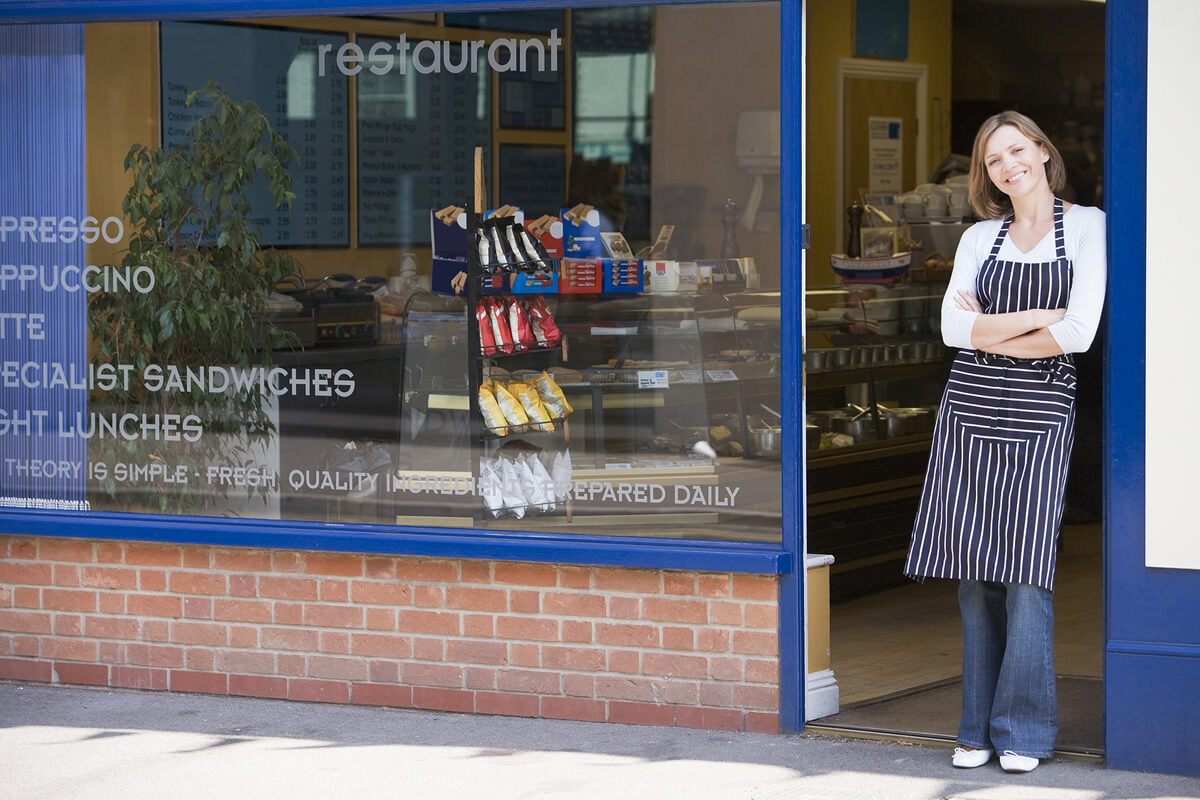Small businesses are the backbone of our country. They employ nearly half of the national workforce, and they are responsible for just over half of the US gross domestic product. They are the unsung heroes of our economy.
If you are thinking about joining the ranks of small business owners, or if you have a small business you want to expand, it’s not as hard as you may think to obtain the funding you need. Private lenders offer several loan options in collaboration with the Small Business Administration (SBA) that are worth exploring.
WHAT ARE SBA LOANS?
The SBA is a US government agency that was created to support small businesses, and one of the most important services it offers is a small business loan program. It’s important to point out that the SBA does not offer any direct loans. Rather, it works with private lenders to issue the loans.
SBA loans have several important advantages over traditional loans to consider. They usually have lower down payment requirements and longer repayment terms. New and established businesses can both apply for them, and their interest rates are very competitive.
There are also a few negatives to consider. Extensive documentation is usually required when applying, and you may also need to provide either collateral or a personal guarantee. With the exception of Express loans, the loan approval process can be slow. It usually takes several weeks to be approved and receive funding, but in some cases, the process may take 2-3 months.
TYPES OF SBA LOANS
Three of the most popular types of SBA loans include:
- 504 loans
- 7(a) loans
- Express loans
The following is an overview of each loan, its features, and how to qualify.
SBA 504 LOANS
SBA 504 loans are for purchasing real estate, expensive equipment, or for upgrading existing facilities. They can’t be used to purchase inventory, for working capital, or other business operations. These loans are best for businesses that need to make a major investment in facilities or equipment as part of a startup or business expansion.
To qualify for a 504 loan, your business must:
- Be for-profit and operate in the US or its territories
- Have a net worth of less than $15 million
- Have an average net income of less than $5 million for the previous two years
- Have a strong personal credit score
- Not be delinquent on any government loans
- Meet the definition of a small business as defined by the SBA
504 loans are offered through Certified Development Companies (CDCs), which are non-profit organizations that support economic development in their communities. Up to $5 million can be borrowed with a 504 loan, and terms of 10, 20, and 25 years are available.
The property or equipment that is purchased serves as collateral for these loans. Interest rates are tied to the 5 and 10-year US Treasury notes and are competitive when compared to other financing options.
SBA 7(A) LOANS
SBA 7(a) loans are popular financing options for small businesses because they can be used for many different purposes. Up to $5 million can be borrowed, and they are offered by banks and credit unions. 7(a) loans are great financing options for either startups or established businesses.
To qualify for a 7(a) loan, your business must:
- Be for-profit and operate in the US or its territories
- Meet the SBA definition of a small business
- The business owner must have invested time and money into the business
- You must have tried to obtain other forms of financing first
- Have a demonstrated need
- Show how the money will be used
- Can’t be delinquent on any government loans
One thing that makes these loans so appealing to both lenders and borrowers is that they are partially backed by the SBA. This backing ensures that lenders are protected in the event of loan default. The decreased risk for lenders makes it easier for borrowers to qualify.
The loan amount that is backed by the SBA varies depending on how much is borrowed. For loans of up to $150,000, 85% is backed, and for loans over $150,000, 75% is backed.
The terms for 7(a) loans vary. Terms of 25 years are available for real estate purchases, and terms of 10 years are available for working capital, inventory, and equipment. Interest rates are based on the prime rate plus a spread that depends on your lender.
SBA EXPRESS LOANS
SBA Express loans are offered by banks and credit unions. Similar to 7(a) loans, they can also be used for many different purposes. These loans are also backed by the SBA, but only for 50% of the loan amount.
Up to $500,000 can be borrowed with an Express loan. Interest rates vary depending on the lender, but cannot exceed a cap set by the SBA. Terms may be up to 10 years, but 25 years is available for real estate purchases.
To qualify for an Express loan, your business must:
- Meet the SBA definition of a small business
- Be for-profit and operate in the US or its territories
- Have a reasonable amount of owner equity to invest
- Other financial resources must have been used in the business
The primary factor that sets these loans apart from other SBA loans is the loan approval time. As the name implies, it’s fast, and applicants usually receive a loan decision within 36 hours. These loans are ideal for those who need to borrow smaller amounts and don’t want to wait a long time for the loan to be approved.
APPLYING FOR AN SBA LOAN
If you are interested in applying for either a 504, 7(a), or Express loan, Wasatch Peaks Credit Union can help you obtain the funding your business needs. We offer each of these types of SBA loans, and one of our loan officers can assist you with choosing the right one for your venture.



